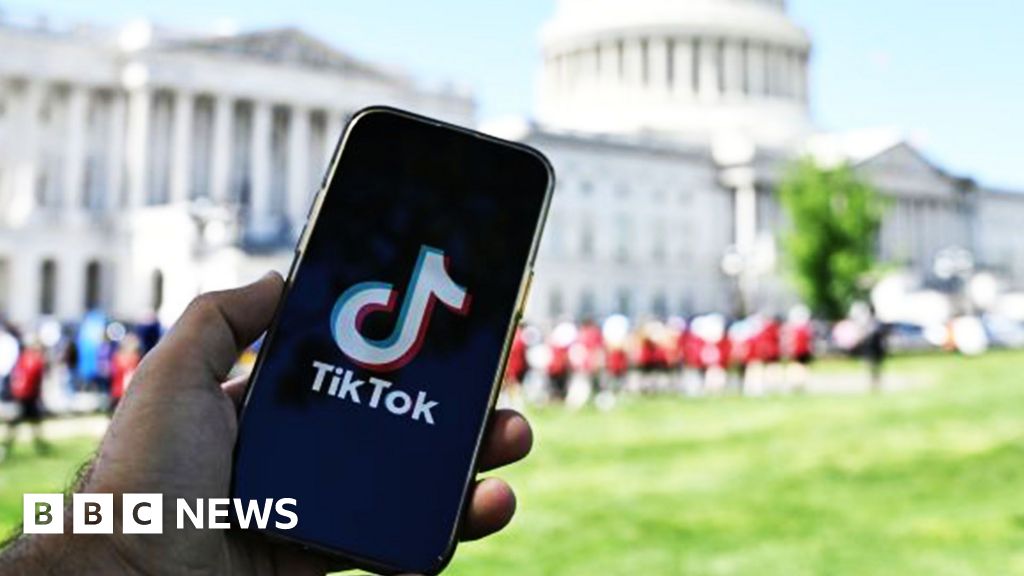- cross-posted to:
- technology@beehaw.org
- cross-posted to:
- technology@beehaw.org
TikTok says it offered the US government the power to shut the platform down in an attempt to address lawmakers’ data protection and national security concerns.
It disclosed the “kill switch” offer, which it made in 2022, as it began its legal fight against legislation that will ban the app in America unless Chinese parent company ByteDance sells it.
The law has been introduced because of concerns TikTok might share US user data with the Chinese government - claims it and ByteDance have always denied.
TikTok and ByteDance are urging the courts to strike the legislation down.
“This law is a radical departure from this country’s tradition of championing an open Internet, and sets a dangerous precedent allowing the political branches to target a disfavored speech platform and force it to sell or be shut down,” they argued in their legal submission.
They also claimed the US government refused to engage in any serious settlement talks after 2022, and pointed to the “kill switch” offer as evidence of the lengths they had been prepared to go.



Chinese spyware: 🙅♀️⛔️❌️🤬🤬😤👿✊️💣🧨💣💥💥💥
American spyware: 😊😊💖😍🐰🐱😻😻🌸🌹🌷
If I had a choice between U.S. Constitutional law versus Chinese Politburo arbitration about what consequences can happen if my life gets destroyed by using TikTok, I can at least talk to the fucking elected U.S. official face-to-face to complain without going to jail.
But which country are you a citizen of? The Chinese Politburo isn’t going to be able to extradite a US citizen because they said things it doesn’t like on TikTok. From a purely practical standpoint, it makes the most sense to base all of your data in a foreign country which doesn’t have jurisdiction over you and to deny that data to your home country which does, and the more adversarial that government is the better because it means they’re less likely to share potentially incriminating data with your home country.